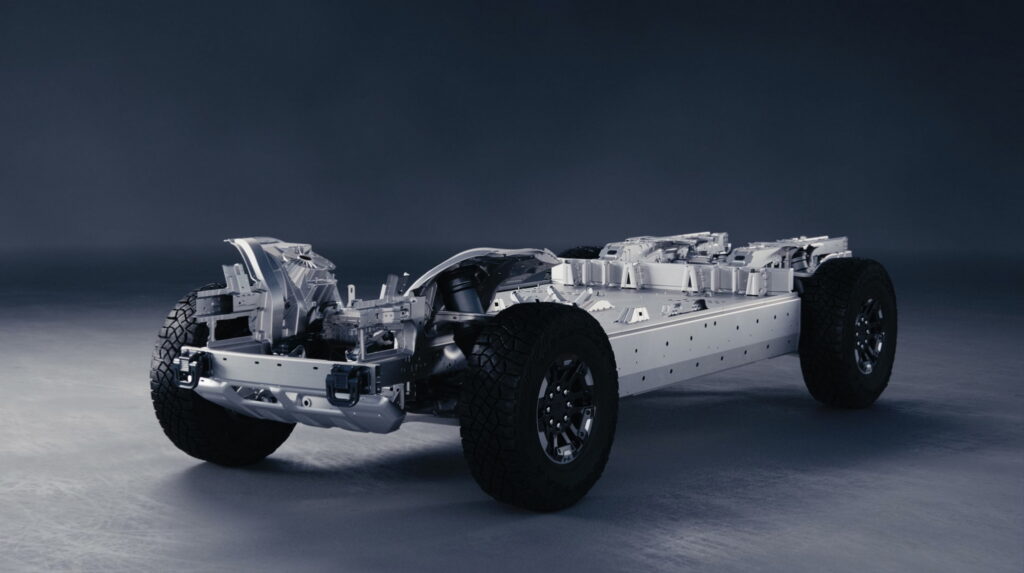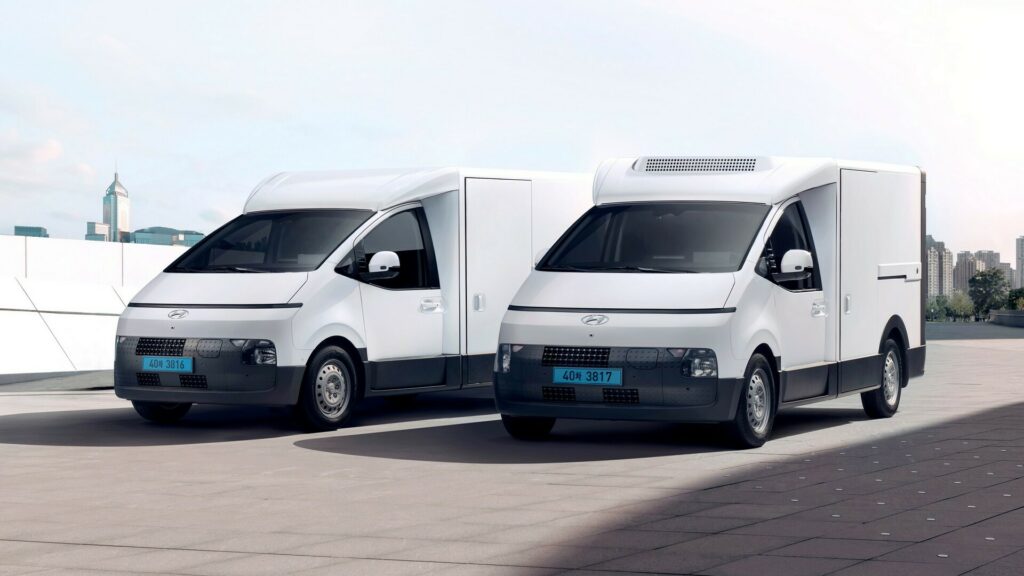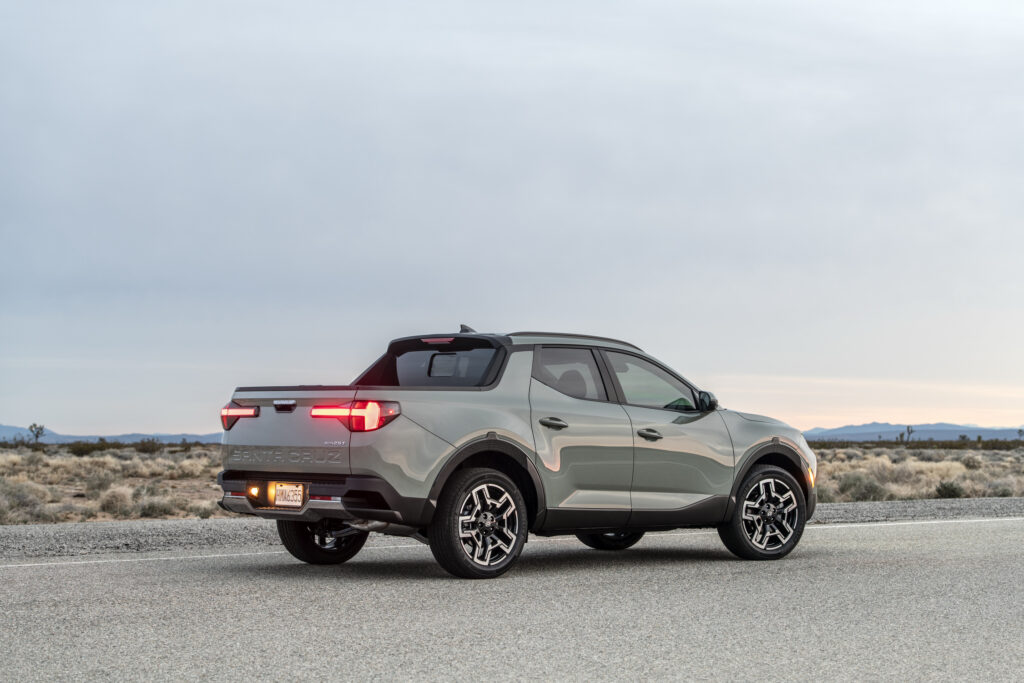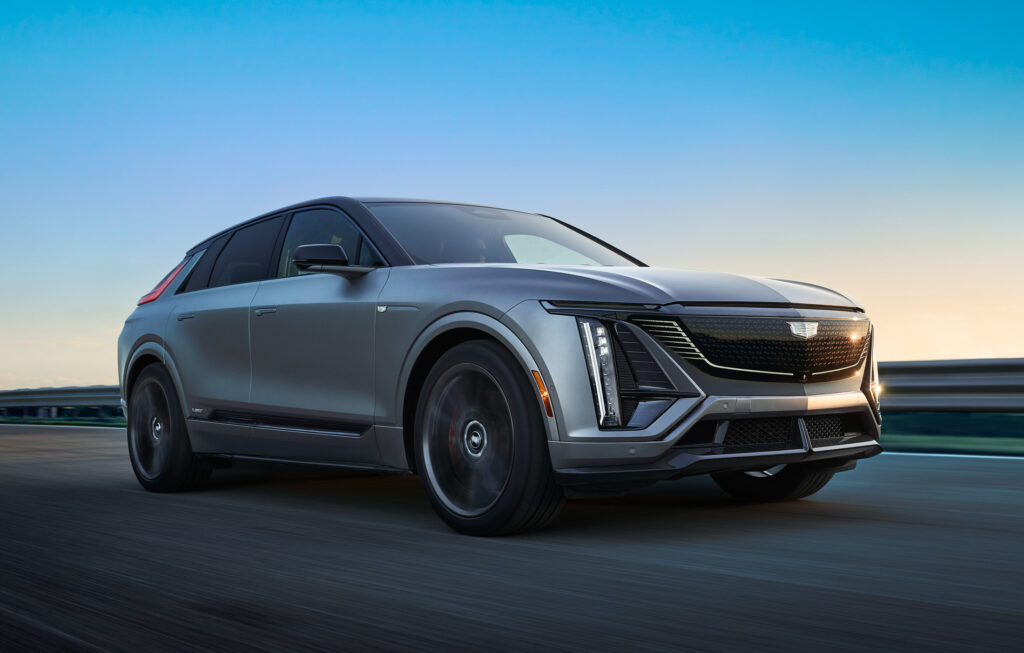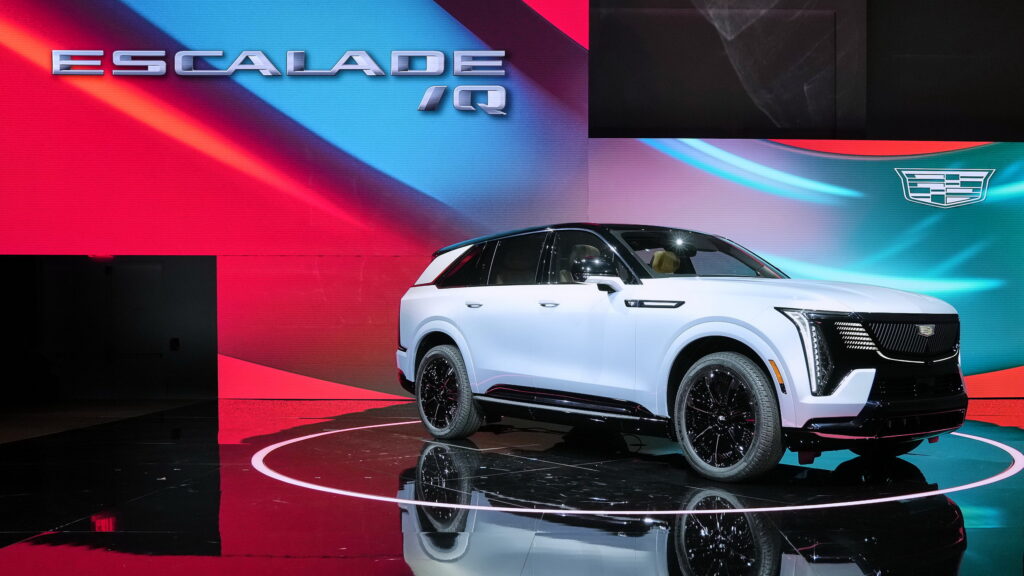GM Kills The Only Aftermarket Apple CarPlay And Android Auto Solution For EVs
- After CarPlay and Android Auto were dropped from GM EVs, a dealer provided a solution.
- The dealership that installed the CarPlay Kit has been ordered to stop doing so.
- That’s because GM continues to pursue Ultifi software for its Ultium-platform EVs.
Remember the good old days when radio head units were a one-size-fits-all affair, and dealers or aftermarket suppliers could quickly and easily upgrade your car’s stereo with a screwdriver and a bit of elbow grease? The gradual replacement of single and double-DIN head units for proprietary layouts, screens, and software was heralded as progress. But when car manufacturers decide they no longer want to include a feature, it leaves frustrated owners without an option.
That’s what happened when General Motors decided to drop Apple CarPlay and Android Auto for its Ultium EV platform. Naturally, customers were a little miffed, but one dealer came to the rescue, offering to install an aftermarket solution that allows screen mirroring.
Read: Why GM’s Software Boss Thinks Ultifi Can Beat Apple CarPlay
But now GM has stopped it, according to The Drive. The dealer claims GM instructed them to stop offering the kit. Additionally, the manufacturer of the kit pulled the product from its website, claiming it was no longer viable to keep selling it.
Mirroring Dreams
Back in 2023, General Motors made the controversial decision to drop Android Auto and Apple CarPlay support from its new-generation EVs. Instead, it would offer its own smartphone-compatible software solution: Ultifi.
At the time, GM defended the move, saying that it helped the company offer a more “deeply integrated experience that you can create with the vehicle” by building a system from the ground up. The future of autonomy, as well as other features such as battery preconditioning, were all listed as reasons why GM’s own tech was the way forward.
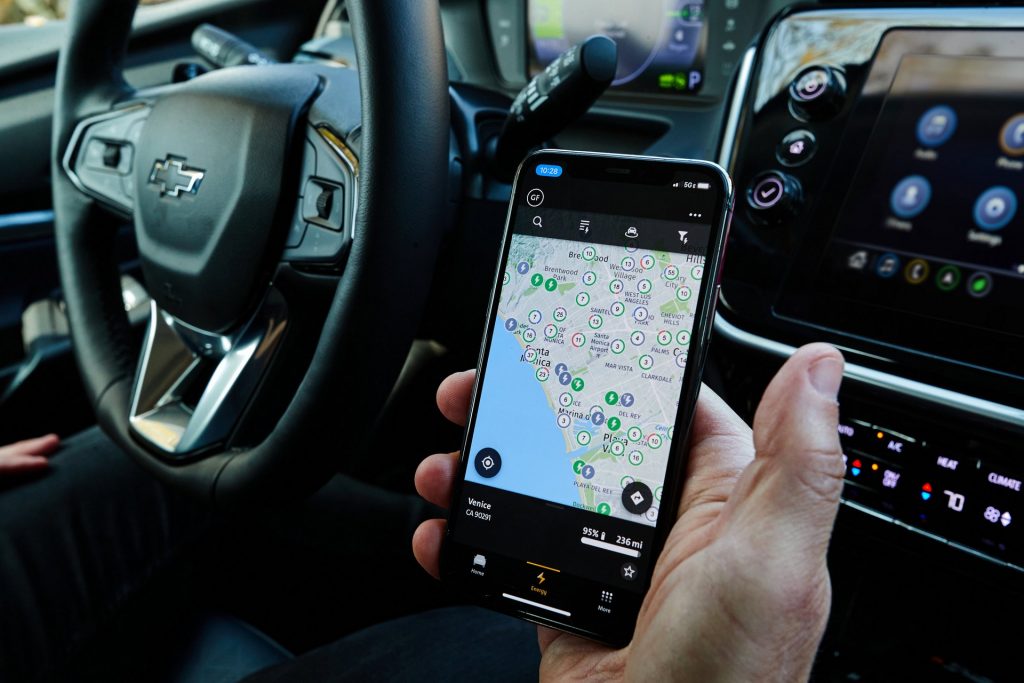
As is often the case, the aftermarket seemingly came to the rescue when White Automotive and Media Services (WAMS) developed a kit that allowed OEM-like integration of the two most popular screen mirroring apps.
The only catch was that the WAMS kit wasn’t something a hobbyist or casual user could install. Instead, it required a specialist touch. A single dealership, LaFontaine Chevrolet in Plymouth, Michigan, was tapped to offer the professional install.
The Unsurprising Block
As you can easily guess, GM wasn’t very pleased with the situation. The company launched an investigation into the kit, and a company spokesperson said: “Aftermarket services that introduce features not originally designed, thoroughly tested, and approved by GM may cause unintended issues for customers. These issues could affect critical safety features and may also void portions of the vehicle’s warranty.”
It all sounds like this was a specialist piece of kit that, at best, modified and, at worst, wholly bypassed GM’s proprietary software. And with the amount of data that cars can collect nowadays, there’s also a question mark over just how protected one’s personal info is after the installation of a third-party device. As we’ve reported many times, though, that’s also a big issue for automakers themselves and how they use owners’ data, so it’s kinda the kettle calling the pot black.
Are We At The Mercy Of Automakers?
With the WAMS system only offered by one dealership and the complexity of the kit precluding DIY installers, it can be assumed that with the only distribution channel shut down, WAMS couldn’t see a future in the product.
However, it’s another stark reminder that as cars become more tech-laden, we’re increasingly at the behest of the manufacturers who can decide to end support for key selling points at any time. Not to mention putting already installed features behind a paywall despite the hardware already being there. Sure, they might call them subscriptions, but milking their customers trying to cash in for a software update by any other name still smells fishy.
